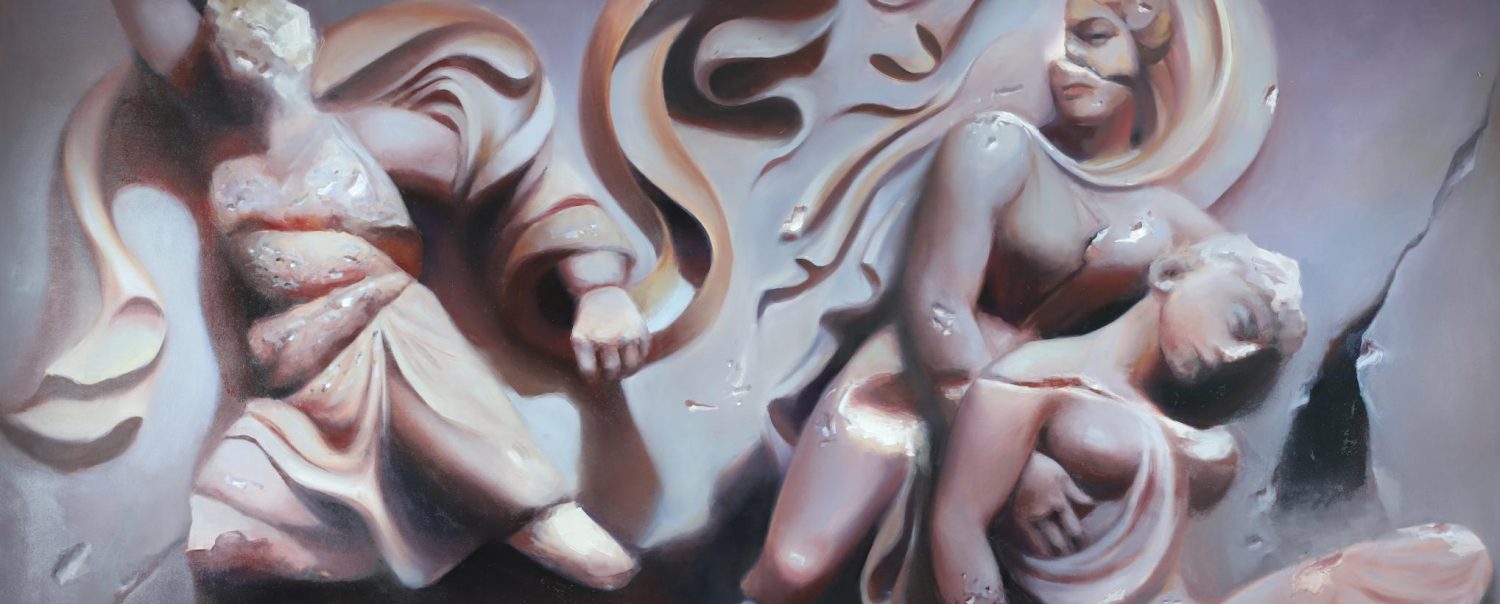Opening Salvo:
Today, I feel a searing tenderness for all the grief I’ve lived through over 64 years, and savor the somewhat improbable fact that I am rancor-free. During last week’s fires in the Santa Cruz Mountains, it occurred to me that if I were a tree, I’d be a redwood. Fire-resistant, many-storied—eyeing the ashy, mulchy ground down below and seeing a nursery.
But, I drive a hard bargain. As do many who’ve lived and worked with the creeping certainty that the center of our worlds as we’ve known them—the whole of economic, political, and social life, the collective histories of humans on earth—cannot hold much longer. No institution, expertise, or display of human decency can fix what isn’t working. No amount of exposure, accountability, or reform can get down into or reverse the tsunami of precarity upon precarity already too long in motion.
Which brings me to the intellectual vein I’ve been working for years: As an editor, I could see from the get-go that determining content meant having a strong handle on what the public mind needs to be thinking about. Get that wrong, and not much else can be gotten right. In literary terms: ask the wrong question—or fail to ask the right one—and the plotline of human action will move inexorably toward tragedy. Obliviousness is fatal.
Which brings me to the point of this letter: In every way that counts, obliviousness is where we’re at in America, and obliviousness is where humans are at on earth. It’s 2020, and the vast majority of us are stuck asking questions of vanishingly small yield in a world that is burning, flooding, fighting, and dying before our eyes.
What does the public mind need to be thinking about? What questions ought we be asking? The prevailing idea has remained the same since the inception of news journalism. An informed public mind—one that can achieve democracy—is a public mind exposed to the best, most penetrating investigations, debates, and analyses that can be mustered from the goings-on in the public square: economic, political, and social life. Hold abuses of power to public account and uses of power will be improved.
Here’s the snag: The event horizon of today’s physical, living planet and of human cultural existence, is an event horizon that can’t be found in such a public square. It doesn’t exist there. It exists elsewhere—and is certainly not the focus of news editors’ attention. The questions that would and could be conceived there cannot begin to form or self-assemble.
Here’s where I’m going: Now’s the time to shift event horizons. Now’s the time to see that humanity’s event horizon has, indeed, already shifted. It shifted the moment we saw that nature isn’t so much happening to us, as we are happening to nature. Climate change, biome change, viral change, cognitive change—all of it—are changes occurring downstream from human actions that are, from the start, uninformed.
Radical shift: The time for a new idea of public news media is here, now. Despite everything humans know about the physical, living world, we cannot see what’s going on there. We’re flying blind. Reeling from crisis to crisis. Daily changes taking place in the earth’s atmosphere—and in oceans, on land, through migrations—are, at best, seen as problems that can be managed through markets, laws, and labor policies.
It’s not the worst of public news media that’s our problem, it’s the best. It’s not fake news that drives obliviousness, it’s so-called real news. We are in a public news paradigm crisis. Our eyes are on the wrong event horizon. We fail to ask questions that need forming. We persist in the paradigmatic assumption that events of greatest significance—and the greatest abuses of power—occur in economic, political, and social realities.
None of our old paradigm assumptions holds true. The most significant events occur in the physical, living world. The greatest abuses of power occur each time a person—an editor, a writer, reader, viewer, or listener—abdicates the questioning that’s called for.
In a world more nonsensical with each passing day, the trick is to avoid meltdown. The trick is to see that non-negotiable shocks may be waking us up, even slamming us against the wall, but are not the point. The point is we’ve reached end-paradigm.
Persevere, of course. But each of us lives, now, in the real world of the Anthropocene (or Aquarian Age, Moment of Evolutionary Pivot). It’s time to radically reinform economic, political, and social life with knowledge that cannot be seen or imagined there. It’s time to see the fate of earth and the fate of democracy as one and same. The enemy is not authoritarianism, it’s an uninformed public mind.
Which brings me to the single greatest opportunity I see at this precise moment: The design and construction of an online platform—public mind media—tuned to physical, biological, cultural existence as the event horizon of greatest public importance.
Innovators commonly say it’s easy to overestimate what can be done in two years, and easier still to underestimate what can be done in ten. Once a creation is set in motion, it can easily gain a life of its own. By this I mean to say: The timetable for ecological collapse need not be daunting. The timetable for democratic collapse need not be daunting. What could be achieved in ten years is downright dazzling.
I am here to serve. Offer guidance. Lead as necessary. One thing is certain: we need to get to work, and not in a small way. Early angel investment is called for—investment equal to the scale of building a news media platform. And early intellectual investment is called for—intelligence equal to the challenge of birthing a new paradigm.
Join me in creating such a platform. Ask how you can contribute intellectually or financially.
Casey S. Walker
caseyswalker.com
fb author page: Casey S. Walker
Copyright 2020 to current Casey S. Walker All Rights Reserved.
